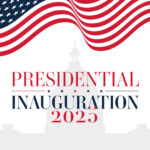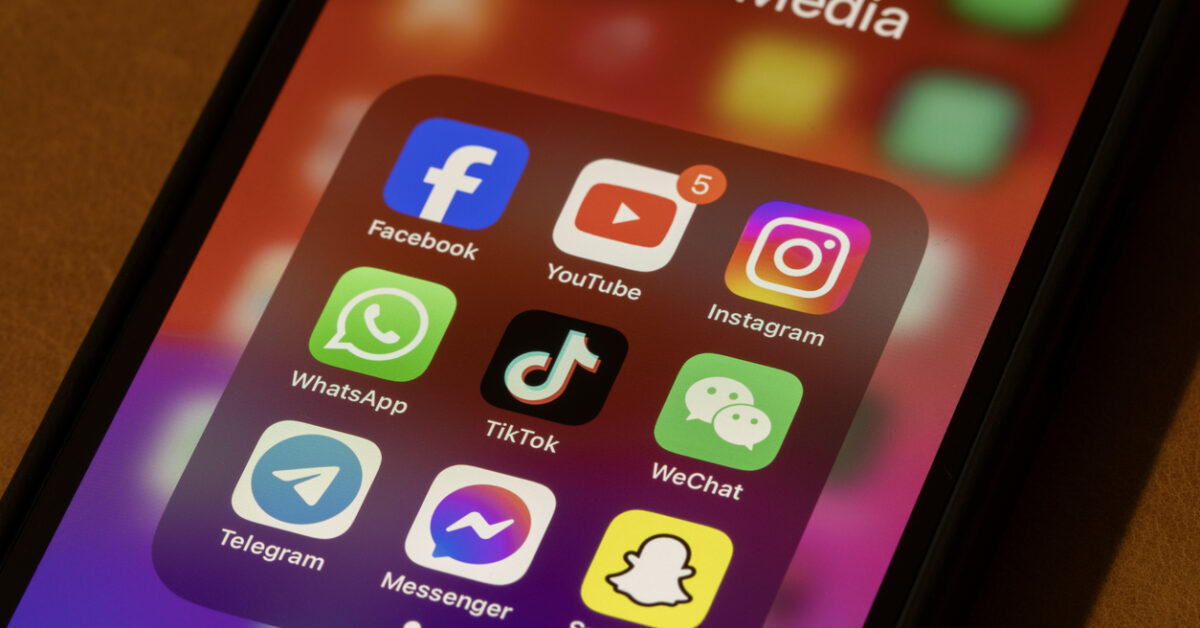The Supreme Court sided against TikTok, upholding the law forcing the app’s sale or ban in the U.S. The Supreme Court ruled the law does not violate the First Amendment rights of the app and its users, upholding the federal government’s national security argument and leaving TikTok open to a ban on Jan. 19 unless it is sold to an American company.
TikTok’s Chinese parent company, ByteDance, had until Sunday to sell the platform under federal legislation signed into law by President Joe Biden last spring. If Beijing-based ByteDance fails to do so, TikTok is banned in the U.S., making it illegal for U.S. internet hosting services and app stores to distribute the platform.
The legislation, which implements the ban, has been in the works for several years, as some government officials believe TikTok is a national security threat, and could be sharing U.S. user data with the Chinese government.
U.S. Solicitor General Elizabeth Prelogar, defending the ban for the Biden administration, advised against a temporary block, unless TikTok was likely to win based on its First Amendment claim of a right to distribute its content. As for an administrative halt, Prelogar said she would defer to the justices on whether they have enough time to decide the case.
Does TikTok plan on shutting down the platform?
Following the Supreme Court hearing, TikTok did shut down the website on Saturday. With the below message.
Sorry, TikTok isn’t available right now
A law banning TikTok has been enacted in the U.S. Unfortunately, that means you can’t use TikTok for now.
We are fortunate that President Trump has indicated that he will work with us on a solution to reinstate TikTok once he takes office. Please stay tuned!
In the meantime, you can still download your data, @username.
The Supreme Court decision is a clear example, and now law, that your rights are not unlimited. The First Amendment, in relevant part states, “Congress shall make no law respecting an establishment of religion, or prohibiting the free exercise thereof; or abridging the freedom of speech, or of the press.” The right to free speech is generally considered a negative right rather than a positive right, as it primarily means the government cannot restrict your ability to speak, not that it has a positive obligation to facilitate your speech; it essentially protects you from interference with your expression, not requiring others to actively help you express yourself.
However, this right does not go without limitation:
- Incitement: Speech that incites violence or other lawless action is not protected.
- Obscenity: Speech that is obscene or child pornography is not protected.
- Threats: Threats of illegal conduct, such as death threats, are not protected.
- Fighting words: Insults that are likely to provoke a physical fight are not protected.
- Disruption: Speech that creates a substantial disruption to a school’s functioning is not protected.
- Perjury: Lying under oath is a criminal offense and is not protected speech.
- False advertising: Dishonest or bogus advertising is not protected speech.
We can now add National Security to the list. I do not inherently disagree with the position of the Court, but I do ponder the definition of national security. The Law is a slippery slope, and normally intensifies with time. Clearly, the disagreeing with an administration or a position would not be a threat (I hope), but what about State Militias? The Vietnam Protestors? Or those rebel rousers we now call Founding Fathers?
Like many rights, the Content of Speech is viewed through a lens; from the perspective of an individual in the present – or in the future. The Freedom of speech is whether the listener’s perspective agrees or disagrees, and they have the ability to do something about it in the present – or in the future.







